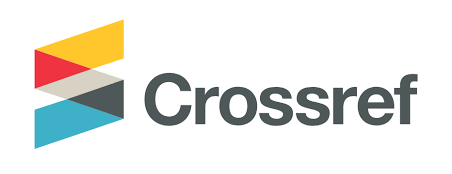Students Application of Project-Based Learning to Improve Critical Thinking Competencies in the 21st Century Era
Keywords:
Project-based learning, active learning, 21st century skillsAbstract
This study aims to analyze the influence of the project-based learning model (PjBL) on the critical thinking skills of high school students. The study used a quasi-experimental design with a pretest-posttest control group approach, involving two classes XI as subjects. The experimental class applied the PjBL model, while the control class used the conventional lecture method. The research instrument is a critical thinking test developed based on the Ennis indicator, including the ability to analyze, evaluate, and inference. The results of the pretest showed that both groups had a balanced level of critical thinking ability. After the intervention, there was a significant increase in scores in the experimental group, both for students with high and low ability categories. In contrast, the improvement in the control group was lower overall. The homogeneity test showed that the variance of the two groups was homogeneous (p > 0.05), so the t test could be performed. The results of the hypothesis test through variance analysis showed significant differences between the two groups (p < 0.05), which indicates that the PjBL model effectively improves students' critical thinking skills. These findings reinforce the argument that active, collaborative, and contextual learning like PjBL is particularly relevant in equipping students with 21st-century skills. It is recommended that teachers integrate the PjBL approach into the learning process to improve the quality of education as a whole.
Downloads
Published
Issue
Section
License
Copyright (c) 2025 Ihsan, Hully (Author)

This work is licensed under a Creative Commons Attribution-ShareAlike 4.0 International License.






